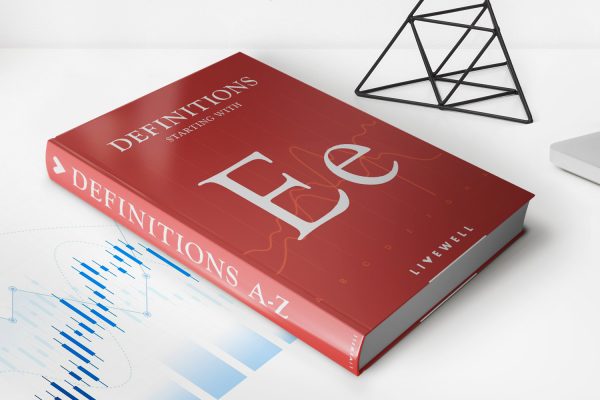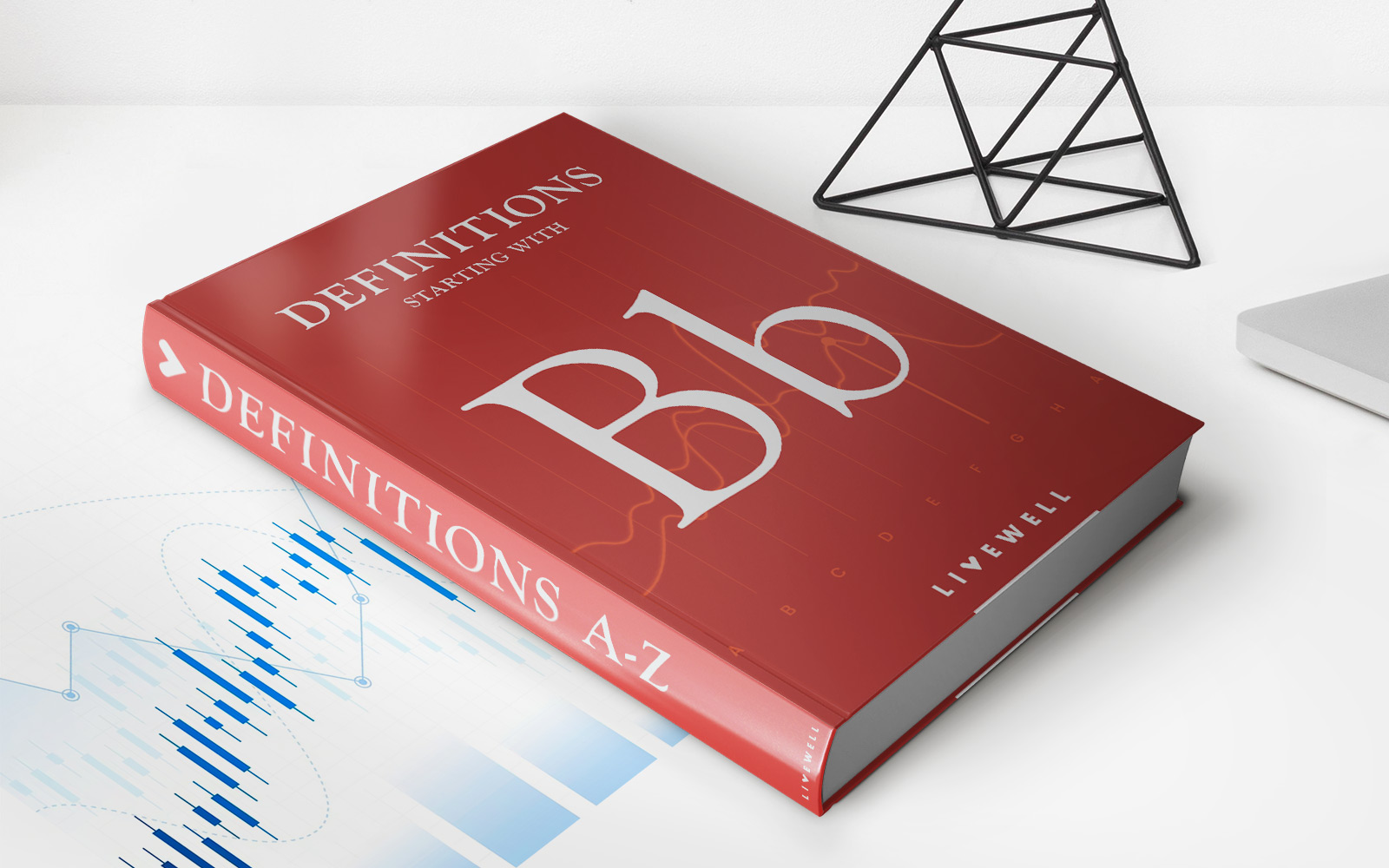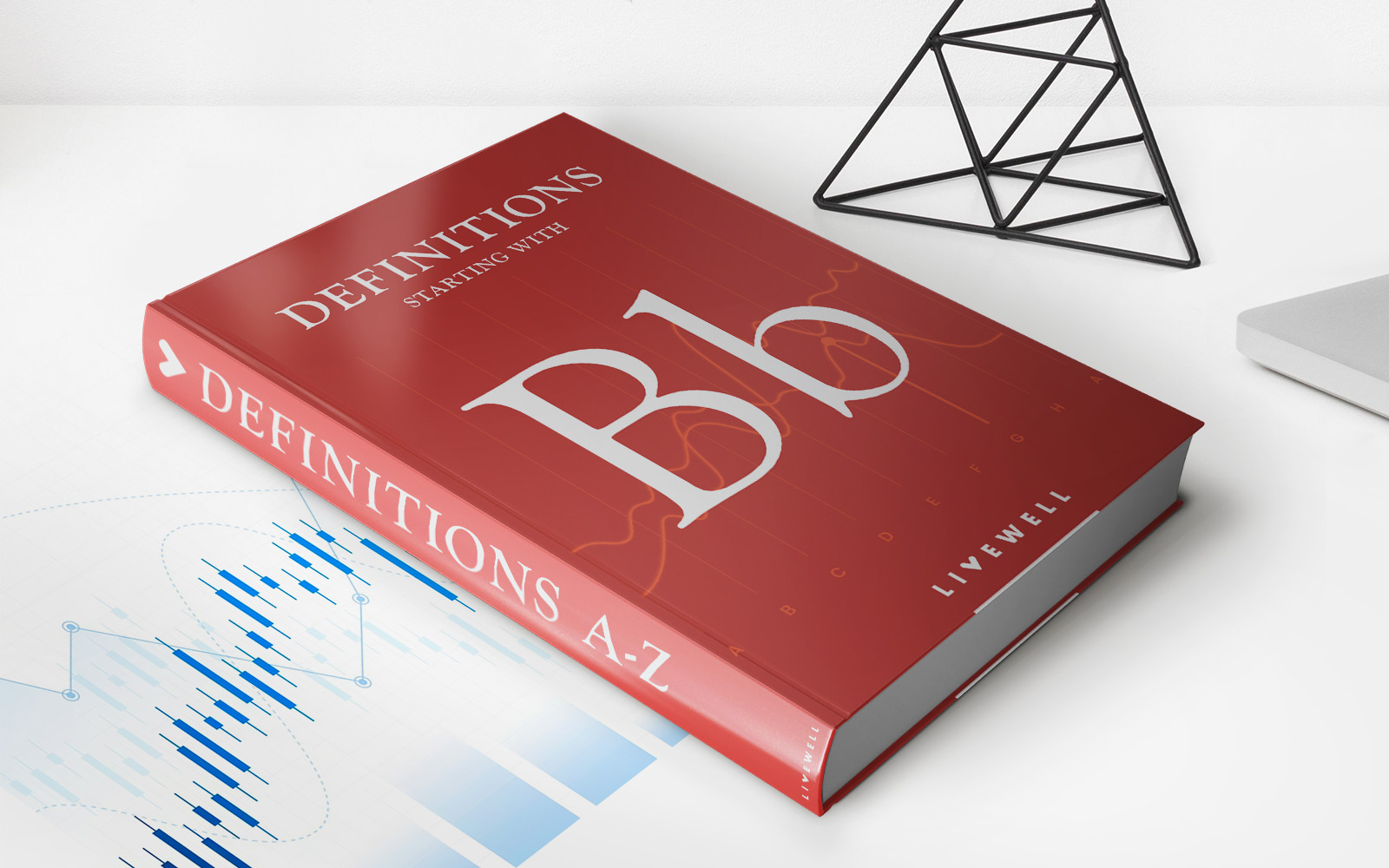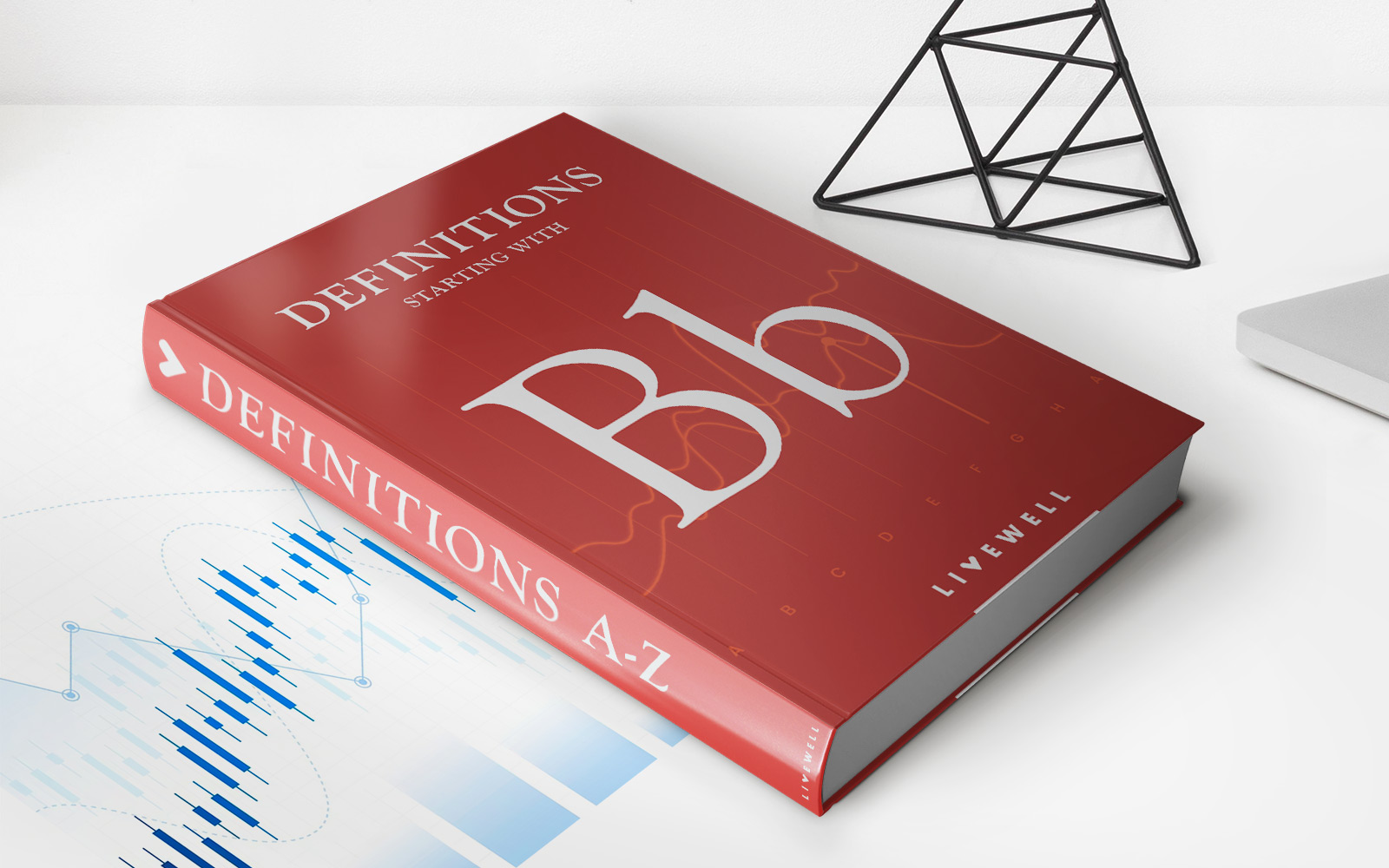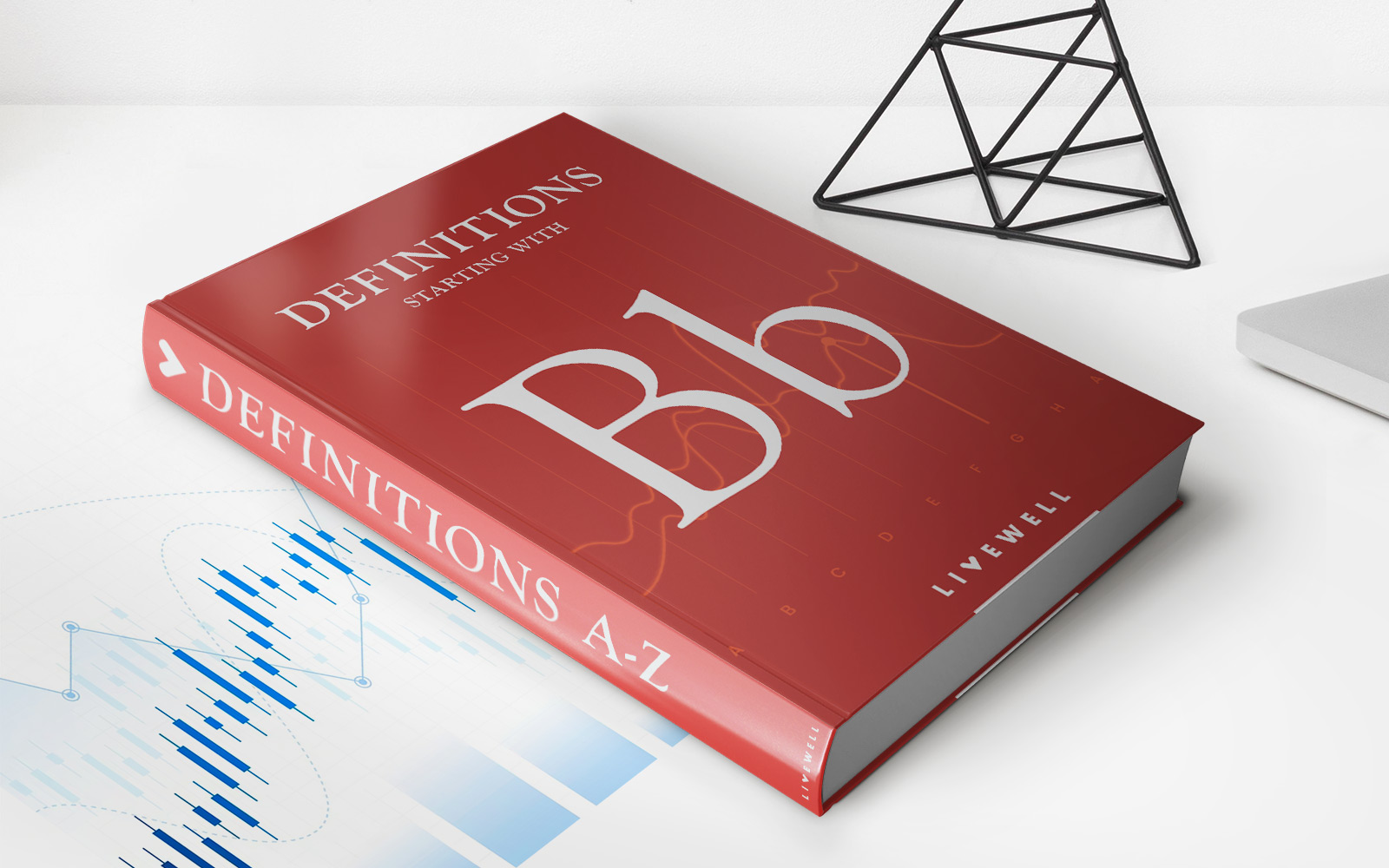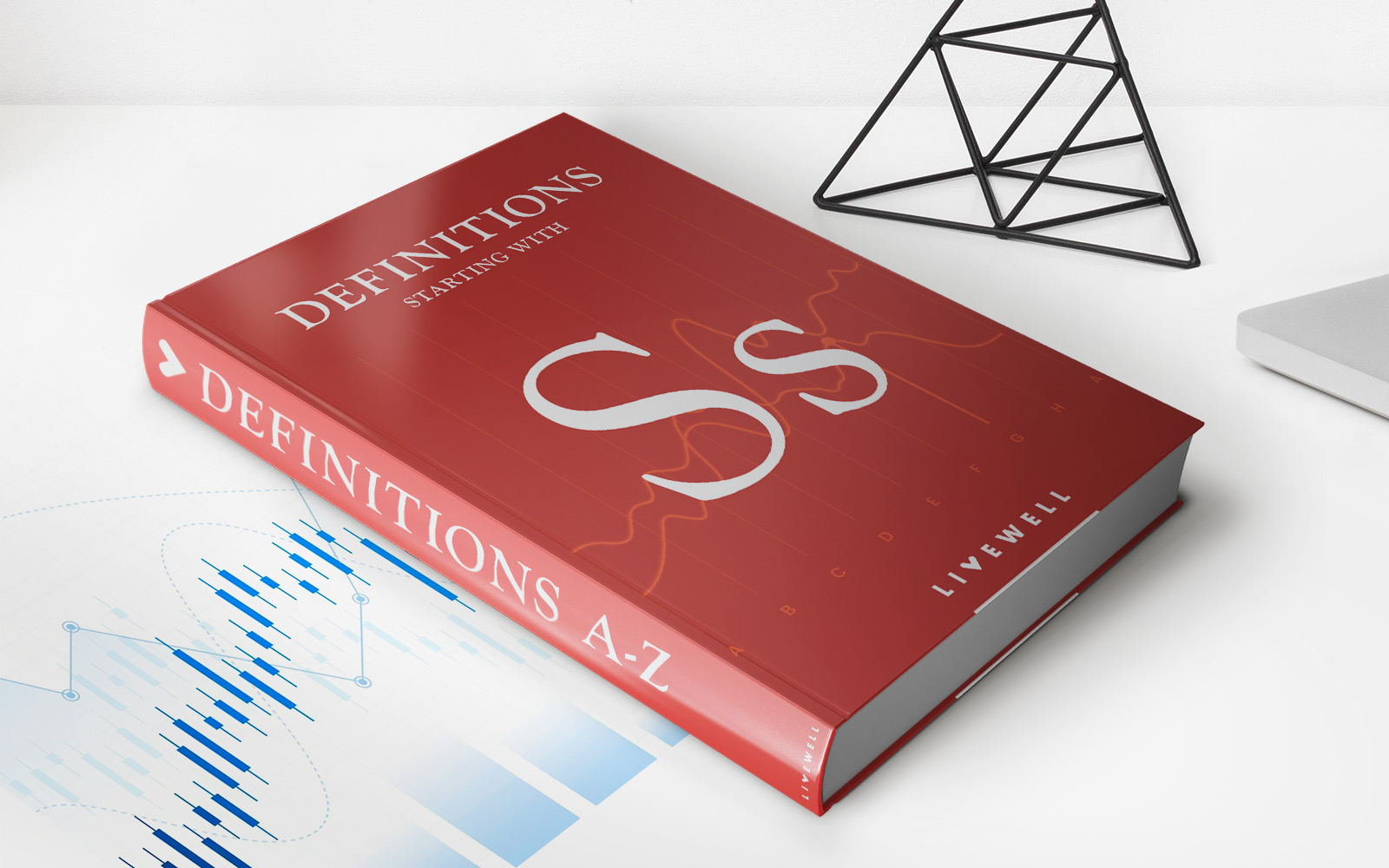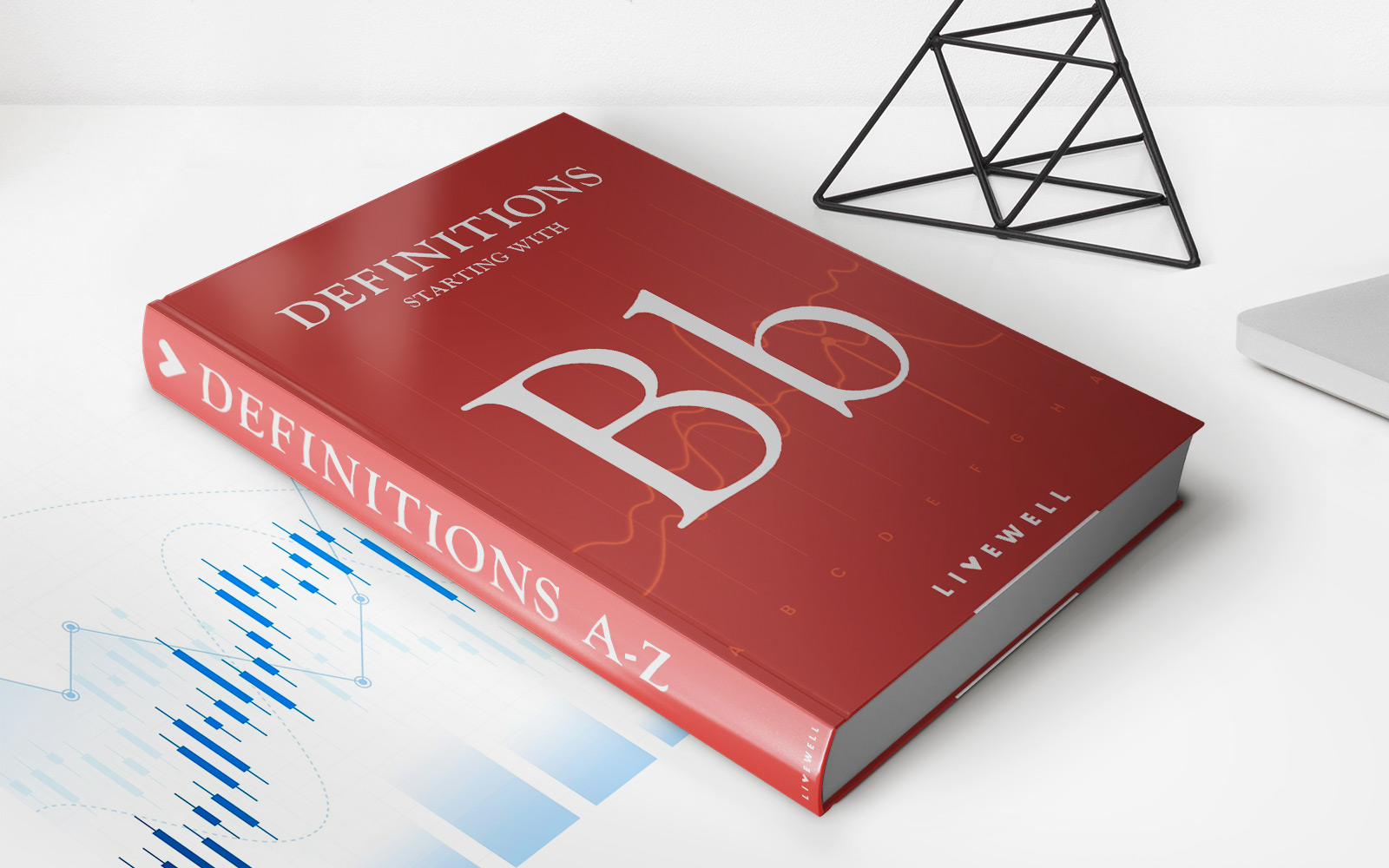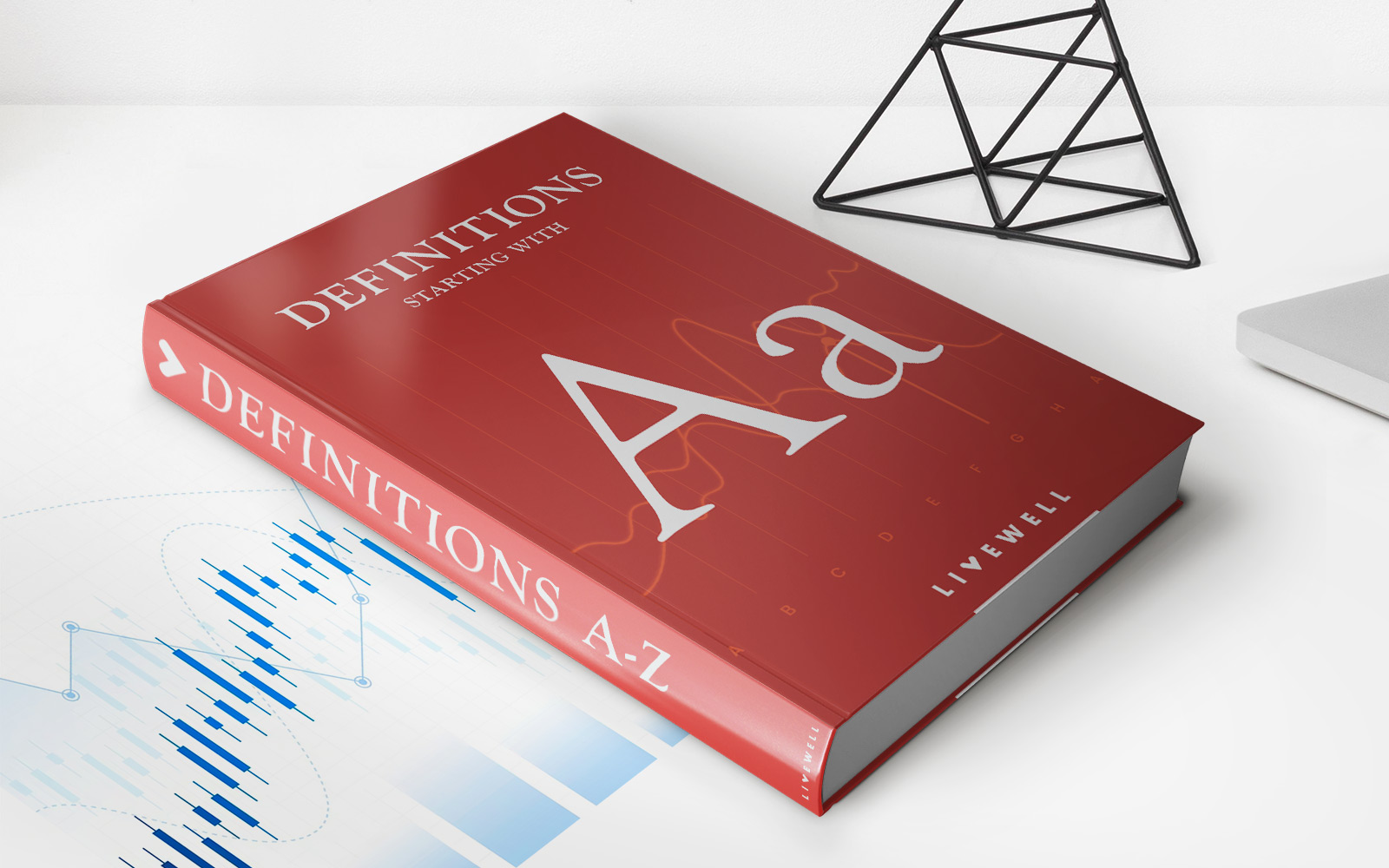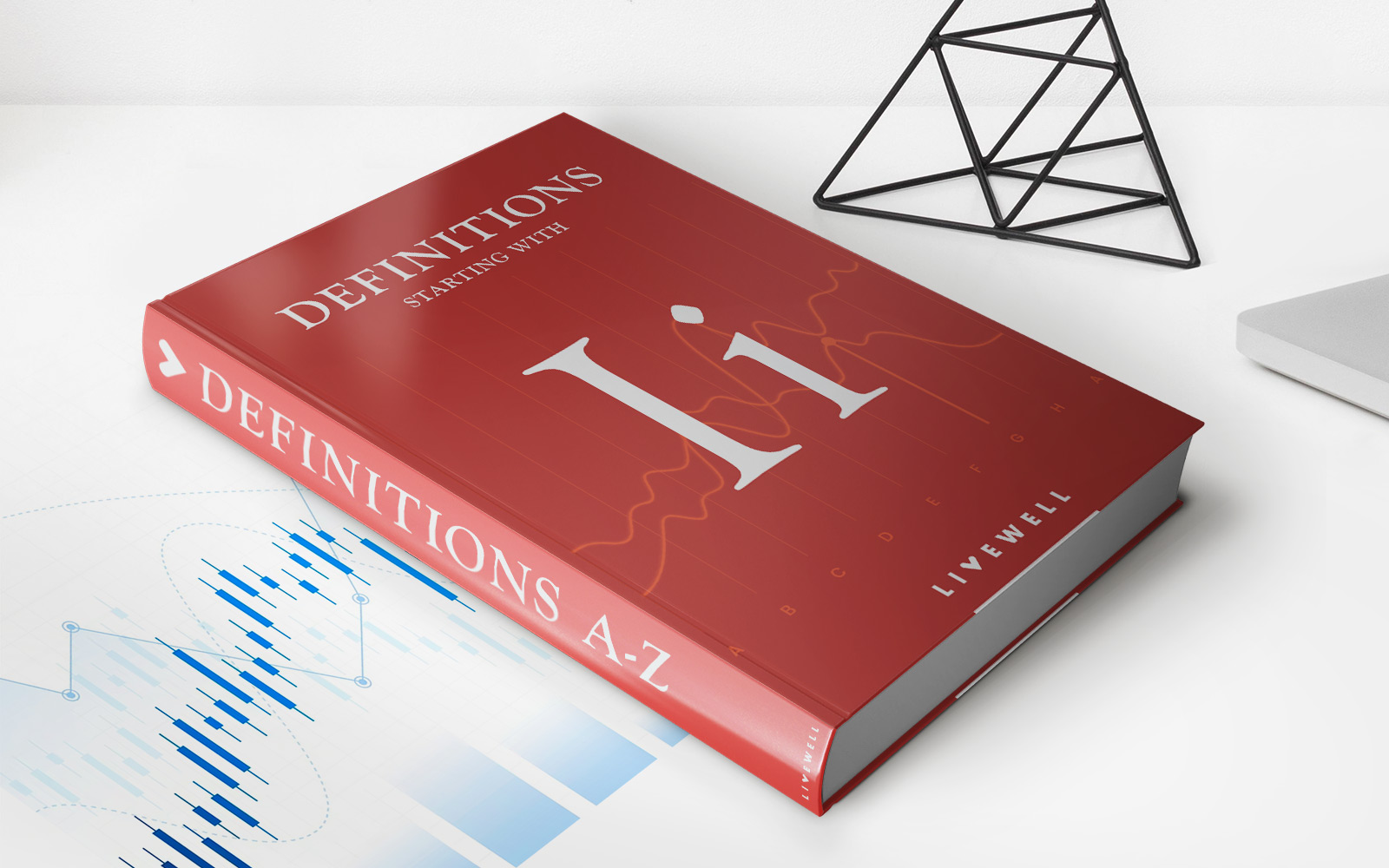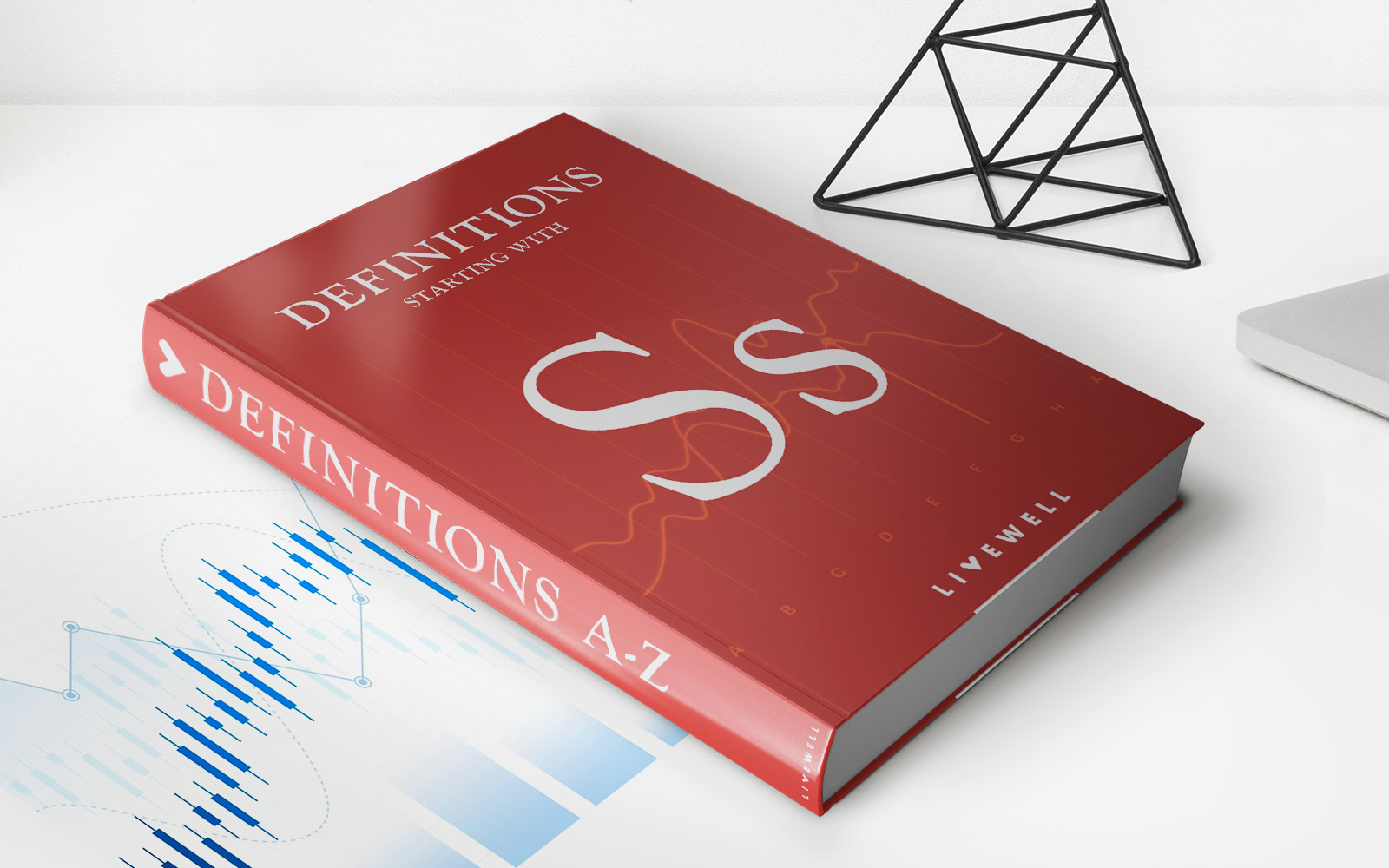Home>Finance>What Is Ether (ETH)? Definition, How It Works, Vs. Bitcoin
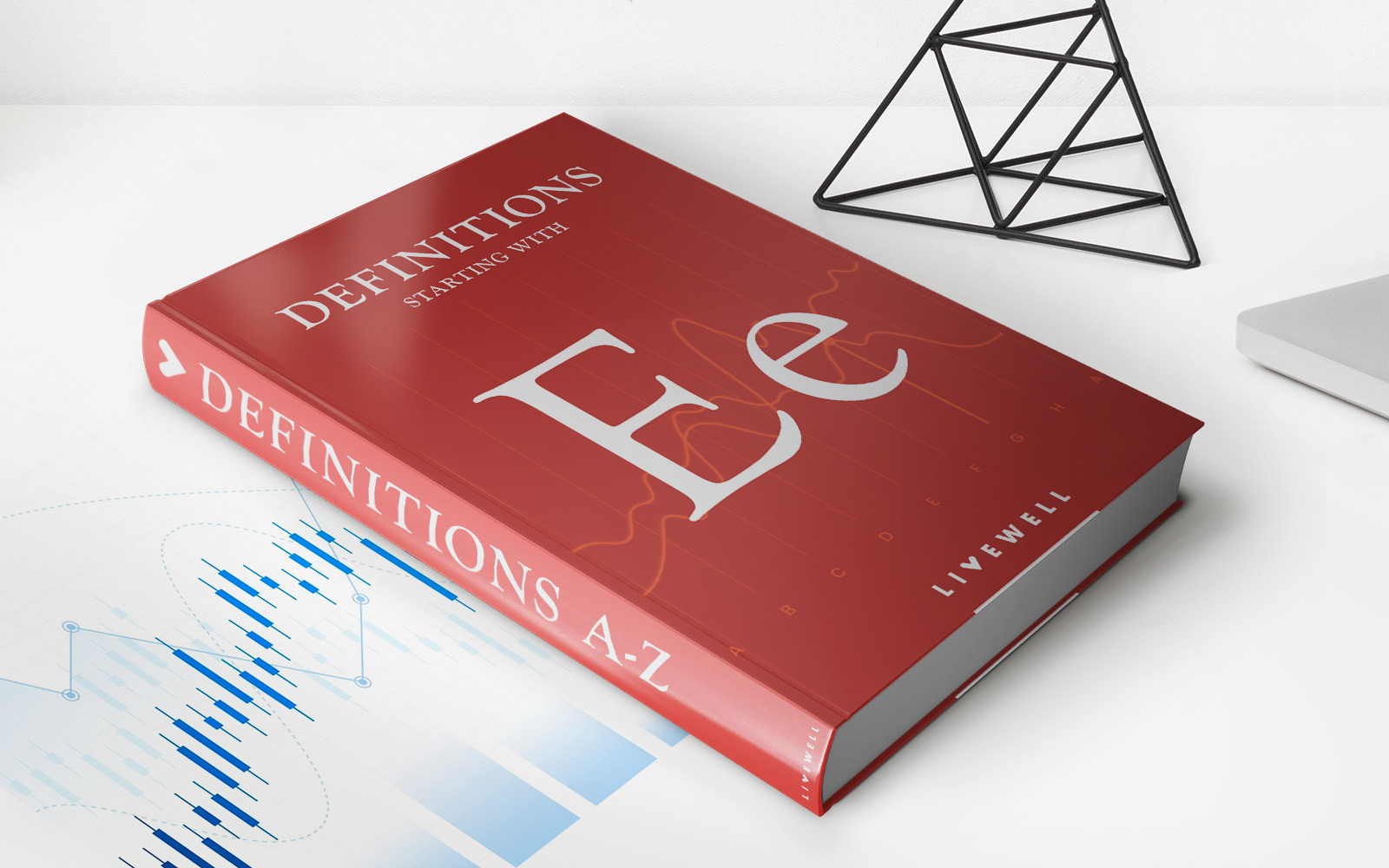

Finance
What Is Ether (ETH)? Definition, How It Works, Vs. Bitcoin
Published: November 19, 2023
Discover the definition and mechanism of Ether (ETH) in the finance sector. Learn how it differs from Bitcoin and understand its functioning.
(Many of the links in this article redirect to a specific reviewed product. Your purchase of these products through affiliate links helps to generate commission for LiveWell, at no extra cost. Learn more)
What Is Ether (ETH)? Definition, How It Works, Vs. Bitcoin
Welcome to the world of cryptocurrency! If you’re interested in finance and technology, you’ve probably come across the terms Bitcoin and Ether. While both are digital currencies, they serve different purposes in the vast world of cryptocurrency. In this article, we will explore Ether (ETH) in-depth, delving into its definition, how it works, and how it compares to Bitcoin.
Key Takeaways
- Ether (ETH) is a digital currency that powers the Ethereum blockchain network.
- Unlike Bitcoin, Ether serves as more than just a medium of exchange. It is also used to fuel smart contracts and decentralized applications (dApps).
Now, let’s dive into the world of Ether. So, what exactly is Ether? Ether is the native cryptocurrency of the Ethereum blockchain network. While Bitcoin focuses primarily on being a decentralized digital currency, Ether goes beyond that. It not only serves as a medium of exchange but also powers the Ethereum network, allowing it to operate smoothly.
Similar to Bitcoin, Ether is created through a process called mining. Miners solve complex mathematical problems to validate transactions and add them to the Ethereum blockchain. In return, they are rewarded with newly minted Ether.
One of the key differences between Bitcoin and Ether is their respective purposes. Bitcoin aims to replace traditional money, offering a decentralized alternative to fiat currencies. On the other hand, Ether has a broader utility on the Ethereum blockchain. It acts as fuel for smart contracts and decentralized applications (dApps).
Smart contracts are self-executing contracts with predefined rules and conditions. By utilizing Ether, developers can create and deploy smart contracts on the Ethereum blockchain, ensuring transparency and eliminating the need for intermediaries. These contracts can be used for various purposes, such as crowdfunding, token issuance, and more.
Ether’s utility extends further with the thriving ecosystem of decentralized applications or dApps. These applications run on the Ethereum blockchain, leveraging Ether to execute transactions and perform various functions. From decentralized finance (DeFi) platforms to decentralized exchanges (DEXs), the possibilities are vast.
So, how does Ether compare to Bitcoin? While both are cryptocurrencies, they have distinct purposes and operate on different blockchain networks. Here are a few key points of comparison:
Ether (ETH) vs. Bitcoin
- Ethereum is a platform for building decentralized applications, whereas Bitcoin focuses solely on being a digital currency.
- Bitcoin has a finite supply, with a maximum of 21 million coins that can ever be mined. Ether, on the other hand, doesn’t have a capped supply, and new Ether tokens are continuously minted.
- The transaction confirmation time for Bitcoin is typically longer compared to Ether. Ethereum’s network can process transactions faster, making it more suitable for decentralized applications.
- Ethereum has a more flexible and programmable blockchain compared to Bitcoin, allowing for the creation of smart contracts and dApps.
In conclusion, Ether (ETH) is a digital currency that plays a vital role on the Ethereum blockchain network. It serves not only as a medium of exchange but also as fuel for smart contracts and decentralized applications. While Bitcoin and Ether share similarities as cryptocurrencies, they have distinct purposes and operate on different blockchain networks. Understanding the differences between the two is crucial for navigating the world of cryptocurrency and making informed investment decisions.
